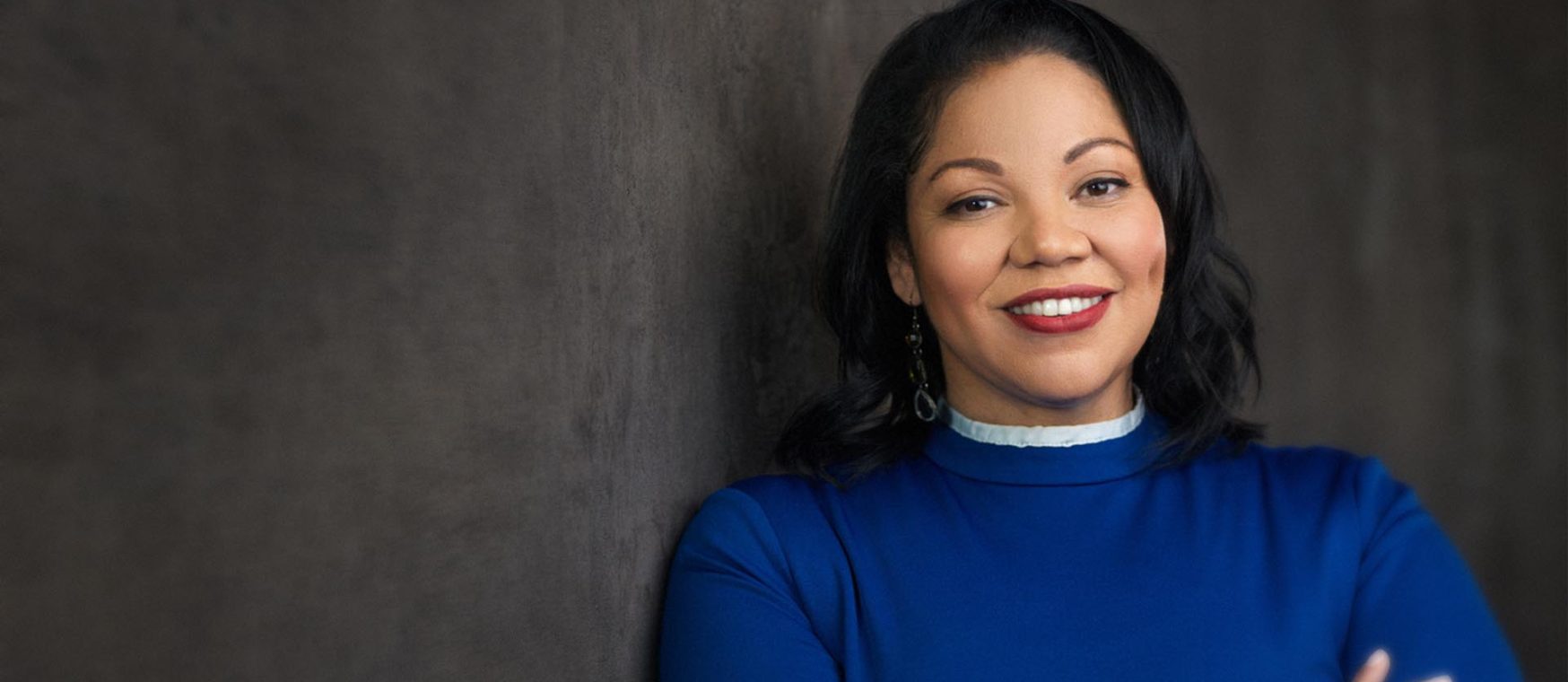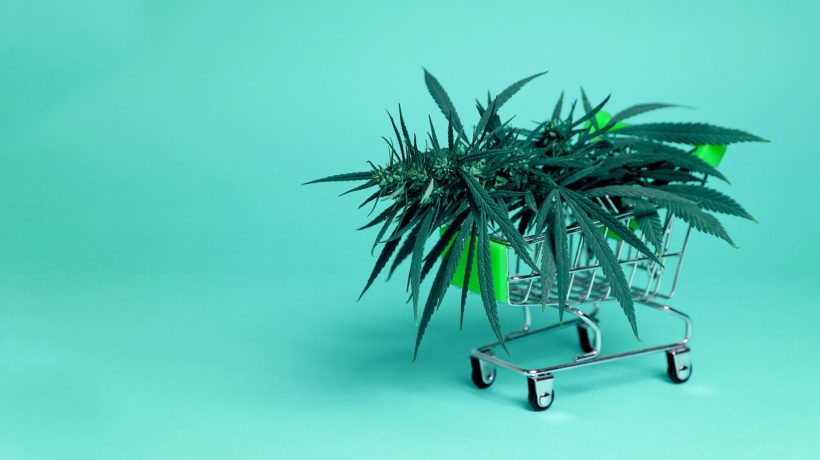Cannabis first captured Chanda Macias’ interest more than fifteen years ago. With a background in cancer research, particularly aggressive forms of breast cancer, and a Ph.D. in Molecular and Cellular Biology, she uncovered studies suggesting the incredible therapeutic potential of the cannabis plant.
“Marijuana was the ultimate therapy that people could implement. Research had been done everywhere except for the United States. I asked my advisor if I could study it, and he was like ‘No! If you study it, you’re going to go to jail’”.
Heeding her advisor’s advice, Macias bided her time until the change arrived allowing her to safely research cannabis without fear of legal repercussions. Convinced that cannabis held the key to alleviating or treating diverse health conditions, she set up the National Holistic Healing Center in 2015, after spending more than 15 years developing her knowledge of medical marijuana.
Fast track to 2019 and the National Holistic Healing Center is now the leading medical marijuana dispensary in Washington D.C.
“I’ve worked hand-in-hand with more than 200 patients a day, helping them with their different therapies, including cancer,” says Macias. Constant interaction with patients in her dispensary has provided her not only with invaluable experience but also with proof that cannabis really works.
“I’ve seen patients that had densities in their bodies or tumor formations literally disappear after using cannabis. There are so many ways we can treat different forms of illness with cannabis–MS, epilepsy, Crohn’s disease, glaucoma, PTSD, mental illness. A bigger one which people might not think is as serious, is anxiety.”
Macias emphasizes that aligning the appropriate strain with the ailment is critical to achieving the best possible outcome for the patient.
“Some people call me the dispensary scientist. I really try to provide individualized healthcare,” states Macias. “I source strains that are specific for different ailments. We try to align your ailment with a particular strain.”
“Some people call me the dispensary scientist. I really try to provide individualized healthcare,”
It’s a precise art and one that’s borne of treating more than ten thousand patients and collecting more than four years of aggregated data. In many cases, patients suffer from multiple symptoms–pain might be accompanied by depression, for example, and require a strain that offers physical relief, while also offering mental stability.
With the efficacy of holistic cannabis therapy evident, the Department of Health in Washington D.C. made the move to support Dr. Macias’ work, enabling her to assist patients from 17 different states.
But even with the tick of approval from Washington State, there’s still resistance from the mainstream medical establishment. With only 9 medical schools in the U.S. teaching the endocannabinoid system, there’s a profound lack of education and awareness. Macias points out that many healthcare practitioners lack a frame of reference to fairly say whether they support cannabis or not.
“The stigmatization of cannabis keeps patients away from getting medicine that could really help them. Perceptions like Cheech and Chong or the “stoner” perception has kept people from getting quality healthcare,” Macias laments.
“Perceptions like Cheech and Chong or the ‘stoner’ perception has kept people from getting quality healthcare”
She identifies baby boomers as her fastest growing patient population and mentions that many are nervous when they first come in. Some even tremble, requiring assurance that they are in a safe space, and not at risk of being arrested.
“You have to have a true need to come to a dispensary and say I need help. And so I’m here to help them, I’m here to serve,” says Macias. “I care about the patient and it shows in everything I do. I put patients first, their needs, their questions, their therapies, I really focus on them.”
Unfortunately, a lot of patients wait too long before seeking help. “When I see some of my pain patients or cancer patients, it’s usually too late to really stop it, but I can make them comfortable. So that’s the sad side of it,” Macias explains. “If it wasn’t for the stigmatization of cannabis, they might have considered it as a first option, rather than the last.”
“If it wasn’t for the stigmatization of cannabis, they might have considered it as a first option, rather than the last.”
Surprisingly, many patients actually feel sadness once they start using cannabis and see that it works. “They feel like, I’ve been lied to. If I’d used this five years ago, where would my life be today? They have to go through that remorse before they can start to live their best life,” she reflects.
Macias is vocal about barriers that exist and prevent diverse people from accessing cannabis medicine. “Minorities are not our patients,” she points out frankly. As decriminalization is still not widespread, many minorities are fearful that they will be targeted or incarcerated for cannabis use. “A lot of African-American people who have issues specific to their community could benefit from cannabis medicine, but are fearful for their freedom.”
Other overlooked groups also represent a concern, such as mothers of children with epilepsy. “You can’t expect the government to tell a woman that she can’t help her sick child, especially if she could give her child cannabis medicine that would stop them seizing in thirty seconds. That’s brutal.”
She also lists examples of so-called cannabis refugees–parents who take their kids and flee to states where cannabis is legal but inflict damage on the family unit as a result of uprooting. War veterans are also at the forefront of her mind, with soldiers suffering from severe PTSD committing suicide every 22 seconds. “It’s incredible these barriers that have been put up. We don’t hear these stories, but these stories need to be heard,” she emphasizes.
One possible solution? More women provoking change in the cannabis space. “Women are instrumental to the cannabis industry due to the compassion we bring, but we’re not given very many opportunities in this space,” she reflects. She points to the migration of older white men from corporate America into the cannabis industry as an issue that needs addressing.
Recent examples such as Daye, a femcare startup that has developed a tampon that uses CBD to address dysmenorrhea, provide proof that many ladies are definitely interested in staking a claim on this emerging industry. “That’s why I go all over the nation and say to women, ‘Consider a business or a role in cannabis because we can own the industry,’” states Macias.
“We can create something that the world has never seen before, an industry that equally represents women, and if not more, if it has to do with me,” she smiles. Word.



